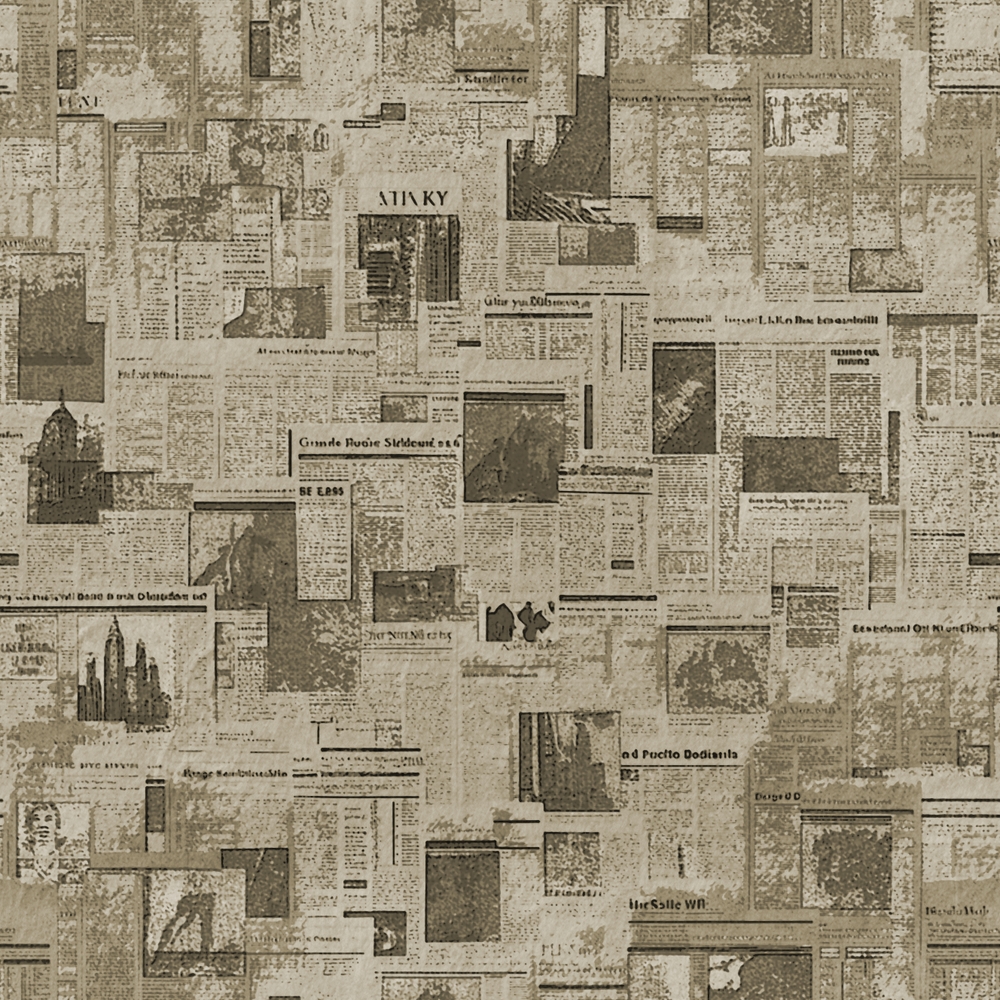Imagine a doctor walking in the street and he sees a man missing an arm. The doctor approaches the fellow and asks him, “I see you are missing an arm. Why don’t you have a prosthetic arm?”
“To tell you the truth,” says the man, “I wish I could have one, but my doctor said it won’t work in my situation. Besides, even if it could work, I have no way of affording it.”
“Listen to me,” says the doctor, “This is my specialty. Can I offer you a free exam?” And the fellow happily accepts the offer.
After the exam, the doctor announces, “I have good news for you! It will be very complicated and take many procedures, but I am confident that I can install a prosthetic arm for you!”
“That’s very nice,” says the man, “but as I told you, I can’t afford even a fraction of its cost.”
“Don’t worry about it,” says the doctor. “I’ll do it for you free of charge.”
After a few months of the doctor generously giving away his time and money, and a lot of effort, all the procedures and surgeries are completed and the arm is installed. When the patient wakes up from the anesthesia, the doctor says to him, “I want you to enjoy this new arm for many years. Please be careful not to swing it hard because that will break the arm.”
Instead of thanking the doctor for his advice, the patient turns to the doctor and says, “You know, now the arm belongs to me, and I can do whatever I want with it. Please don’t tell me how to use it. I actually feel like swinging it hard right now!”
The fellow gives a mighty swing, and sure enough, the brand-new prosthetic arm which the doctor invested so much into, out of the kindness of his heart, breaks completely in one moment.
How would you describe this person? Foolish? Wicked? Ungrateful? He is certainly all three – and worse. Words cannot describe such awful behavior.
The verses in Parshas Ha’azinu tell us that we sometimes act like this too. When we are in a situation in which our desires are in conflict with what the Torah dictates, we think of it as a decision to make between “giving in” to God’s will versus yielding to our own preferences.
As the Kli Yakar elaborates, the verses here give us a different outlook. The verse tells us (32:5), that when a person sins, he’s not hurting God, he is hurting himself. The next verse says, “How can you do this to God? An ungrateful nation who is not wise. He is your Father who created you, the One who made you and established you.”
The verses continue with this idea and say that we should look at history and see how evil nations were punished, and understand that in the end, God will reward those who keep the Torah. The Kli Yakar explains that the Torah is telling us to realize that God doesn’t need us. He is the one who created everything out of nothing. He Himself can accomplish anything He desires. All He wants is to be kind to us by giving us the privilege of serving Him according to the way of the Torah. This is the purpose for which He invested so much into us by giving us the Torah and the means to perform its Mitzvos (commandments).
Our lives, bodies, minds and possessions were given to us specifically for this purpose. It is not for His sake, but in order for us to receive the true good in the World to Come.
When we sin and disregard God’s word, we are abusing the tools that we were given for our own benefit, out of God’s great benevolence, only to harm ourselves!
I was once shopping at the grocery, and entered the check-out line. When it came my turn, I began to load the items on to the conveyor belt. My two-year-old wanted to help, but he couldn’t reach the items. I saw he wanted to help, so I handed him an item from the cart. But then, he couldn’t reach the counter! So there I was, handing him stuff from the cart, for him to take the items and hold them in the direction of the counter, and then I would take them back from him to put on the counter. My son felt good about himself, feeling that he was helping, while in reality, he did absolutely nothing! I gave him the stuff, and then took it right back, in order for my son to feel like he was helping me.
As this was going on, the thought struck me, “This is exactly the way we are with God! God gives us our bodies, our minds and our resources with which we do Mitzvos. When we do a Mitzvah, we feel good about ourselves as if we did a favor for God. But in reality, we did nothing! God is the one who is supplying us constantly with life and energy, and putting into existence the resources involved in the Mitzvah. God doesn’t need us to do anything for Him. It is us who are benefiting from God allowing us to go through the motions of doing the Mitzvah!”
This gives us a new perspective when challenged with following the Will of God. Instead of debating whether we should “be nice to God” or not, we should think to ourselves, “Am I ready to take blessings God is giving me now for free, and abuse them in a manner which harms myself and is against His will?”
Parshas Ha’azinu by Rabbi Yitzchok Aryeh Strimber (torah4every1@gmail.com)


